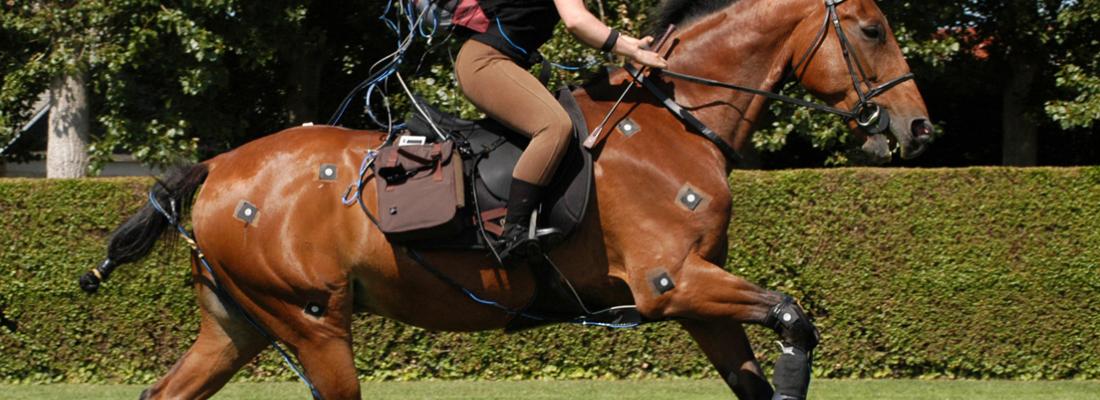Society and regional strategies Reading time 2 min
The French equine industry prepares for the future
Published on 10 September 2012

The French equine industry is surging: the number of members registered with the French Equestrian Federation (FFE) has grown by 5% annually over the past ten years, equestrian centre member numbers are expected to double in five years and the number of horse owners unaffiliated with any particular organisation is experiencing steady growth. Sport horse breeding levels have remained strong and open to international competition, while the demand for horses for pleasure riding has risen sharply. These changes have occurred hand in hand with the development of various professional organisations that lack coordination and which often have limited resources. Meanwhile, French government subsidies have fallen while regulatory bodies are in the midst of restructuring. More recently, uncertainty regarding the financing and future of the industry has grown as online betting has been approved and international competition has risen.
The French equine industry is faced with a number of challenges: maintaining its place as a world leader for sport horses, breeding horses that meet market demands, sustaining breed diversity and conserving breeds in certain regions, ensuring animal welfare, promoting the use of horses in agriculture and communities, and supporting employment in rural areas, among others. By examining different scenarios, the study takes into account possible disruptions and emerging challenges. It also brings up major questions to address in the future and opened the debate on available resources that can help the industry prepare for change, especially in terms of research and knowledge production. The results from this foresight study, for which the working group met with around a hundred business and institutional stakeholders during individual meetings and regional workshops, were announced publicly during a seminar on 2 October 2012 in Paris at the Maison du sport français. The presentation was followed by the reaction from a major observing party and a round table on the equine industry’s available resources to prepare for the future.
